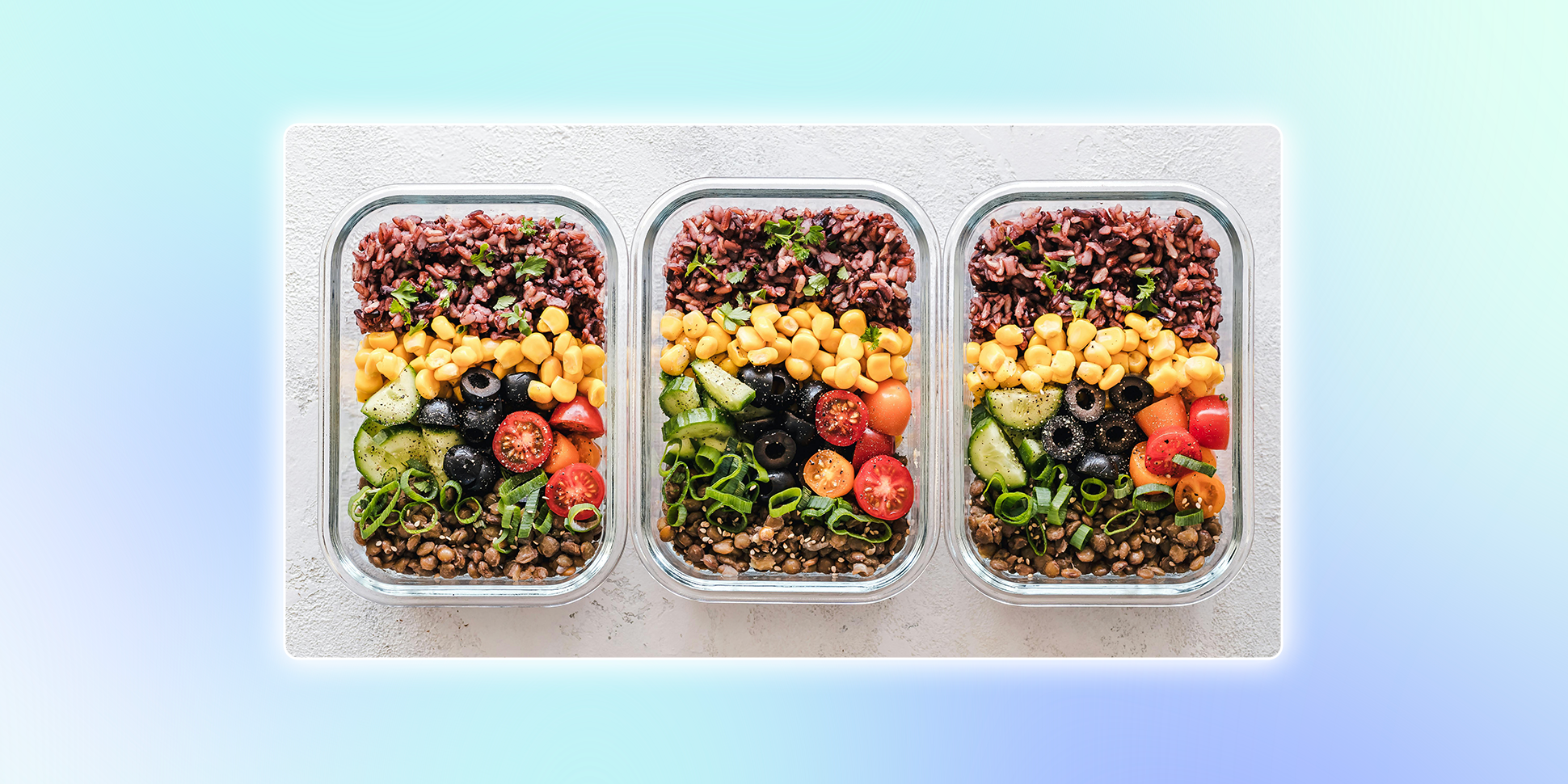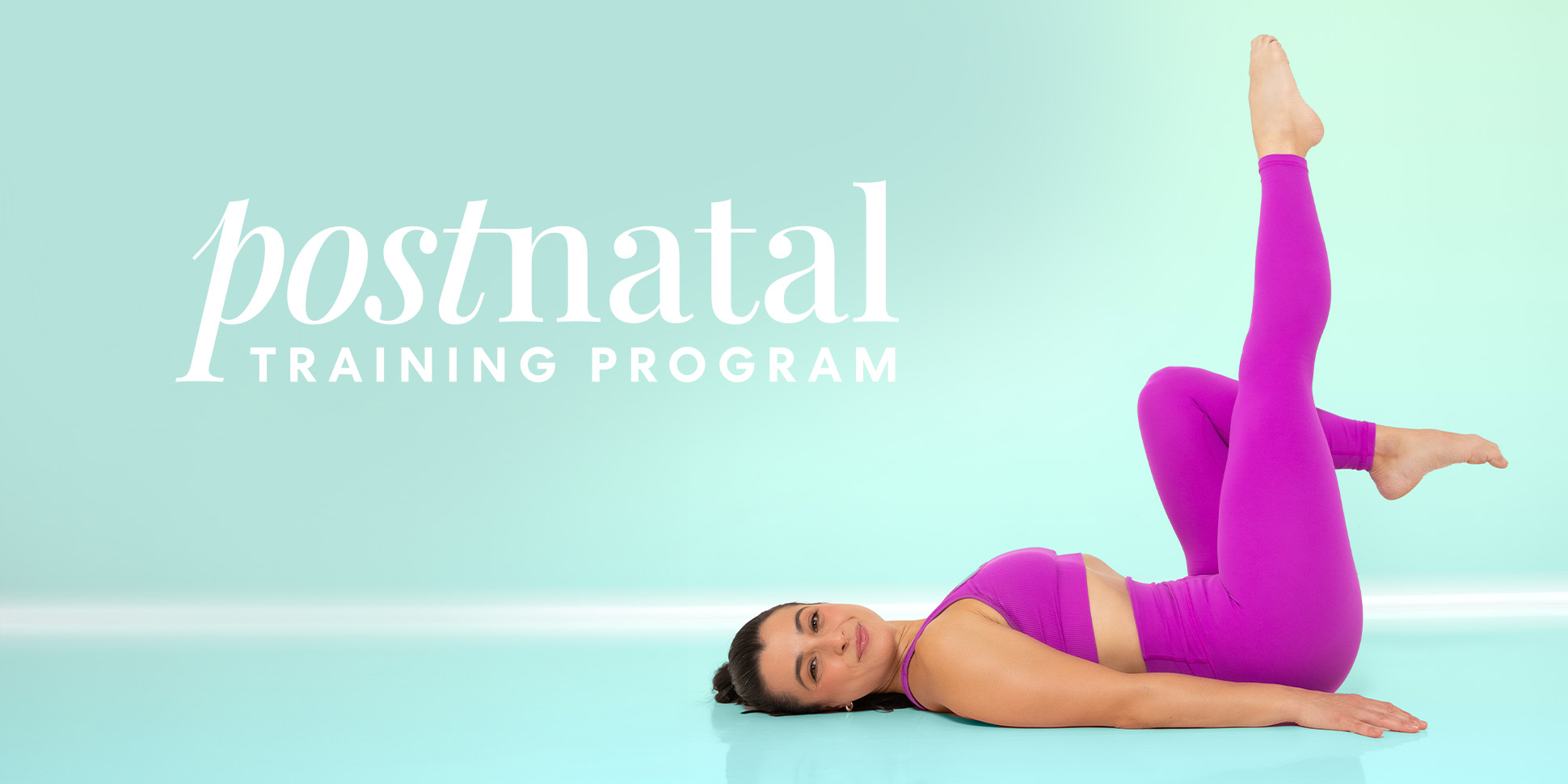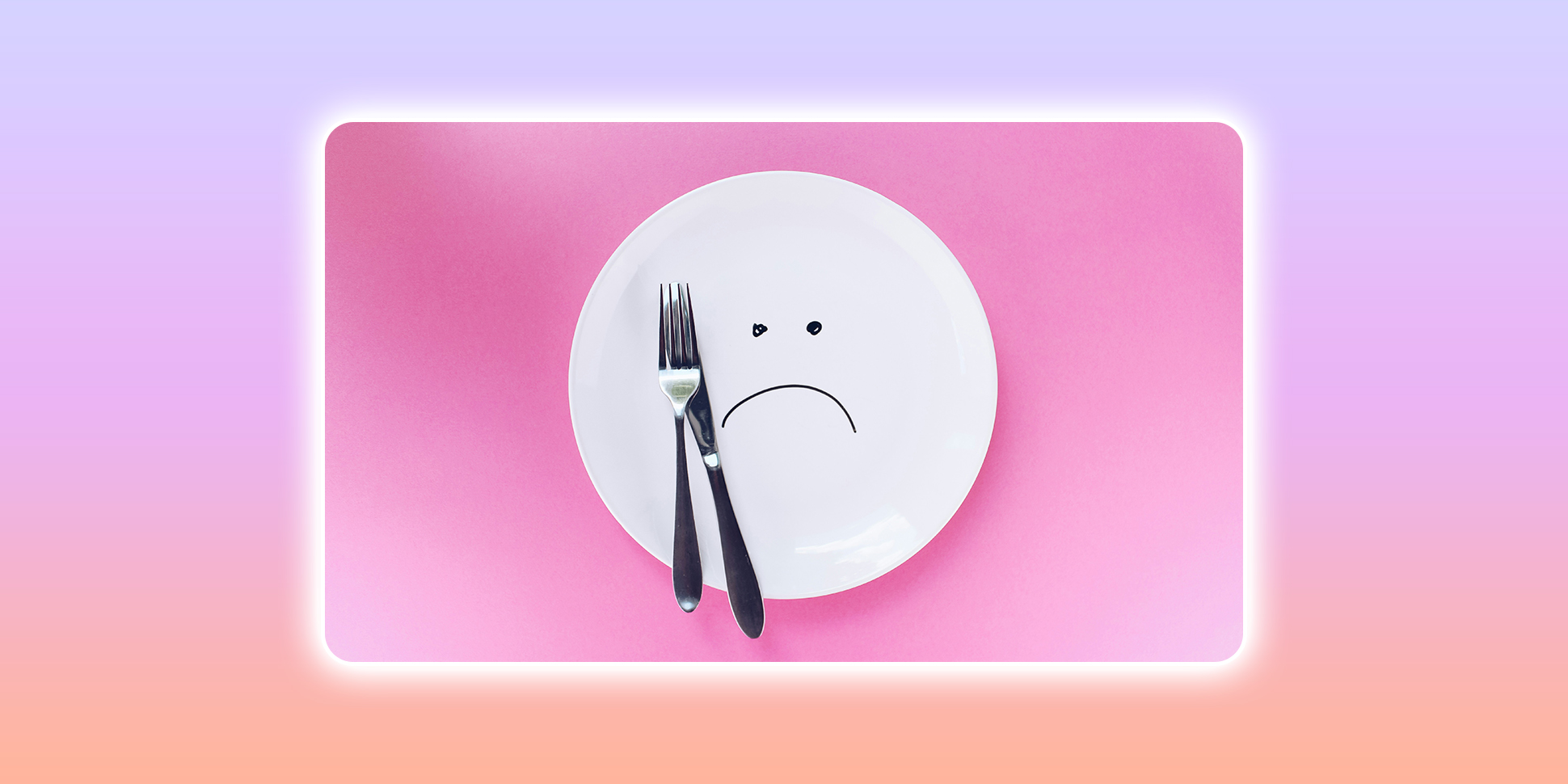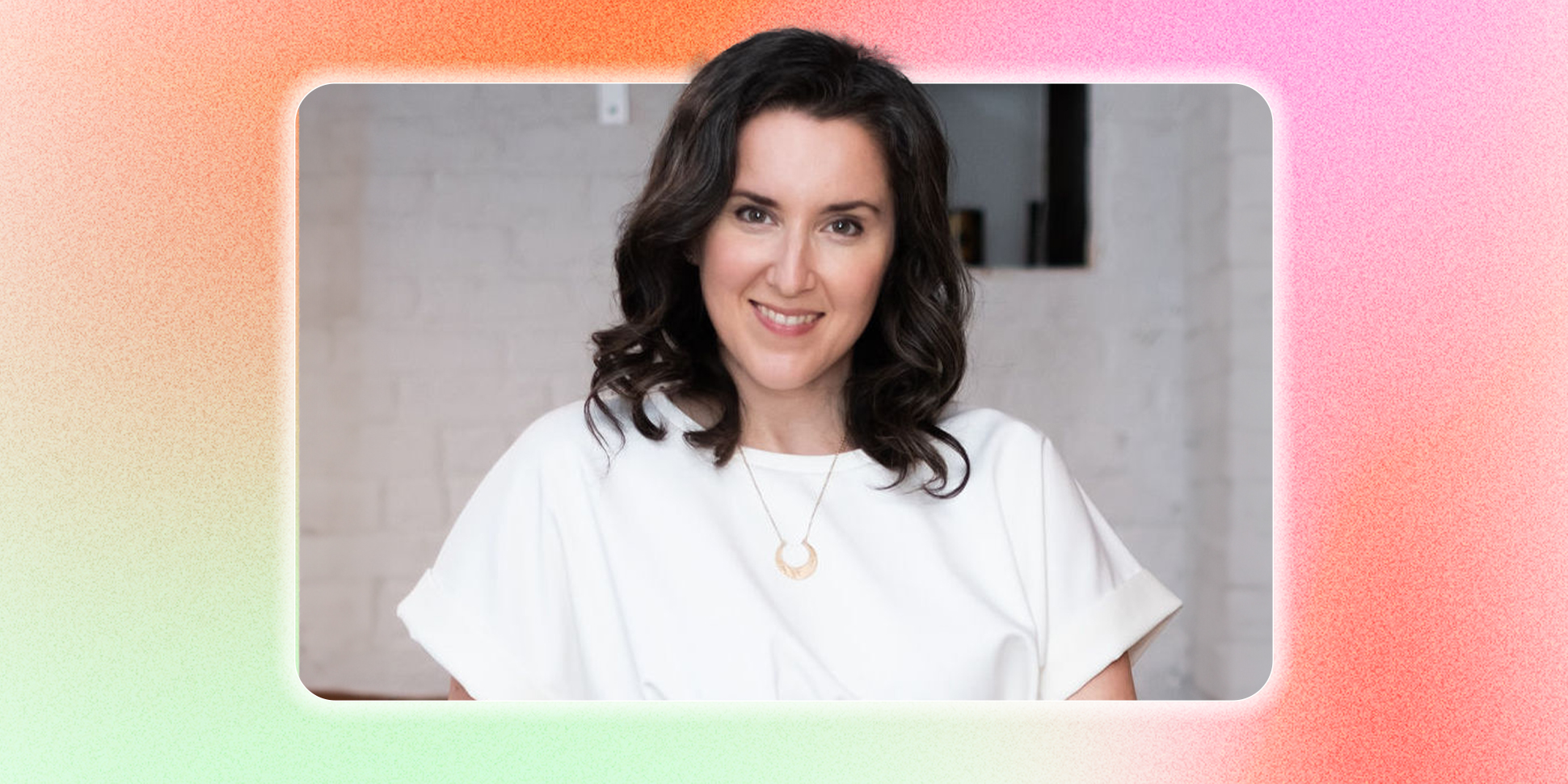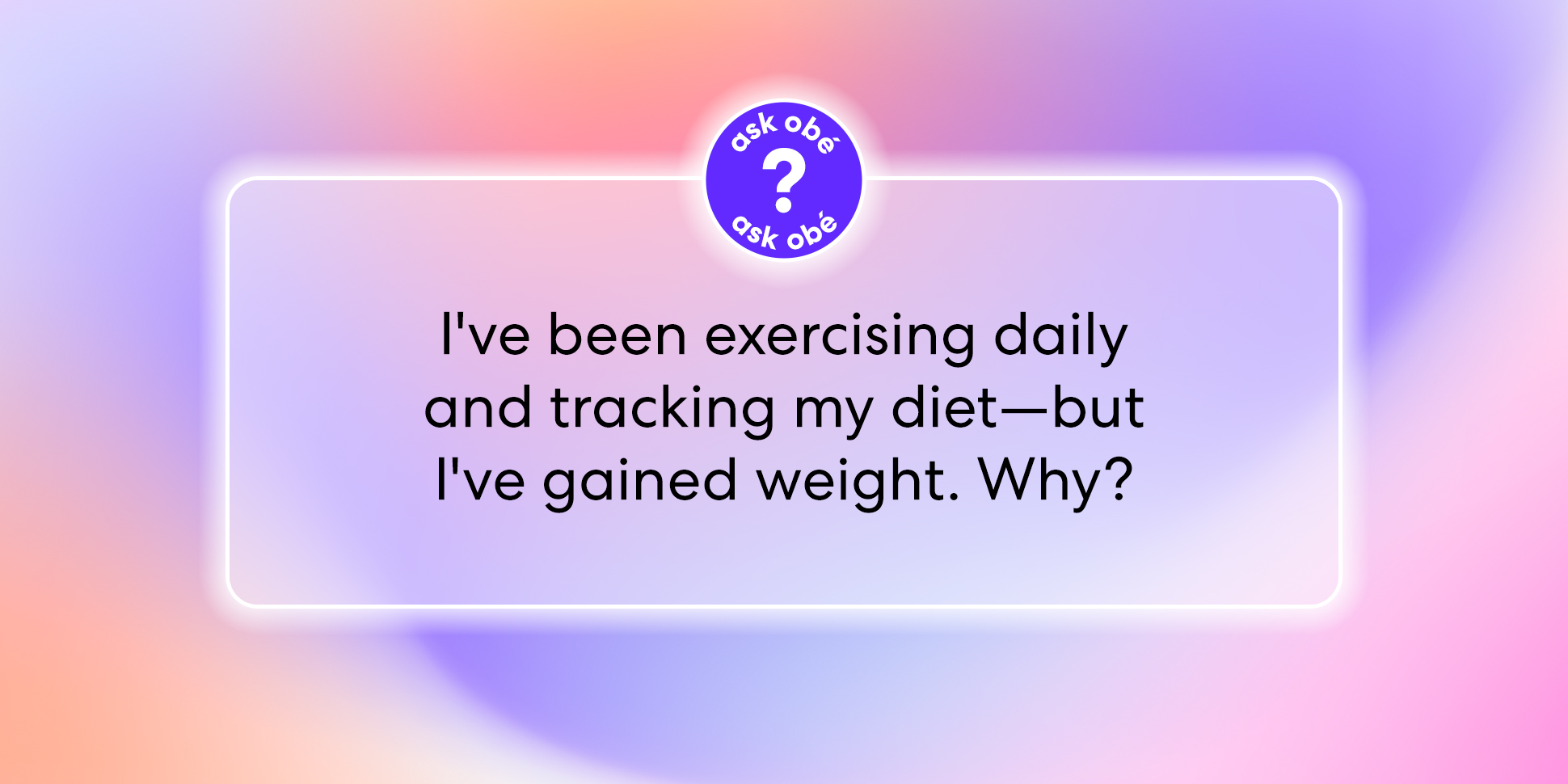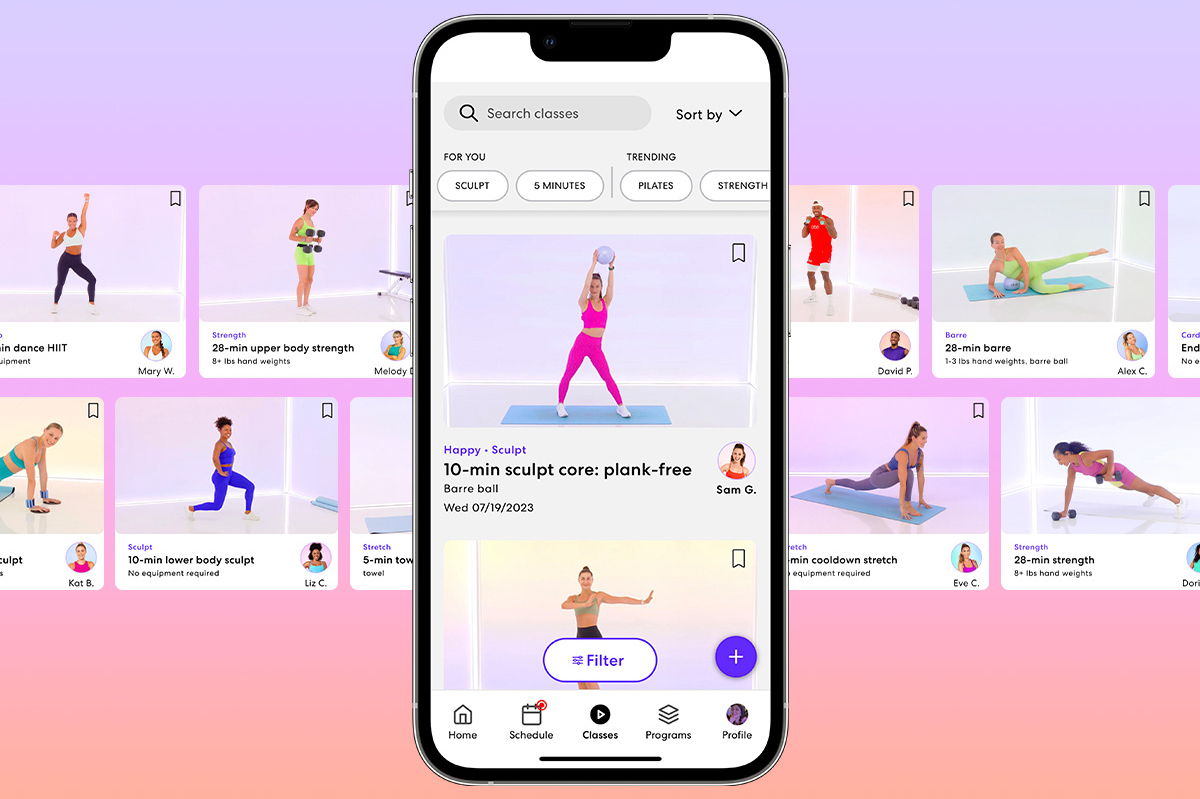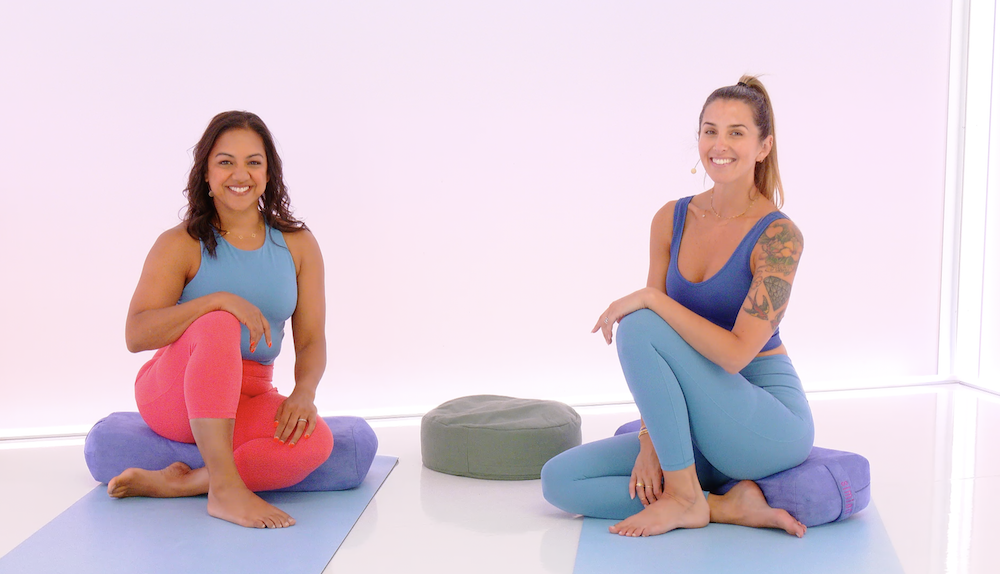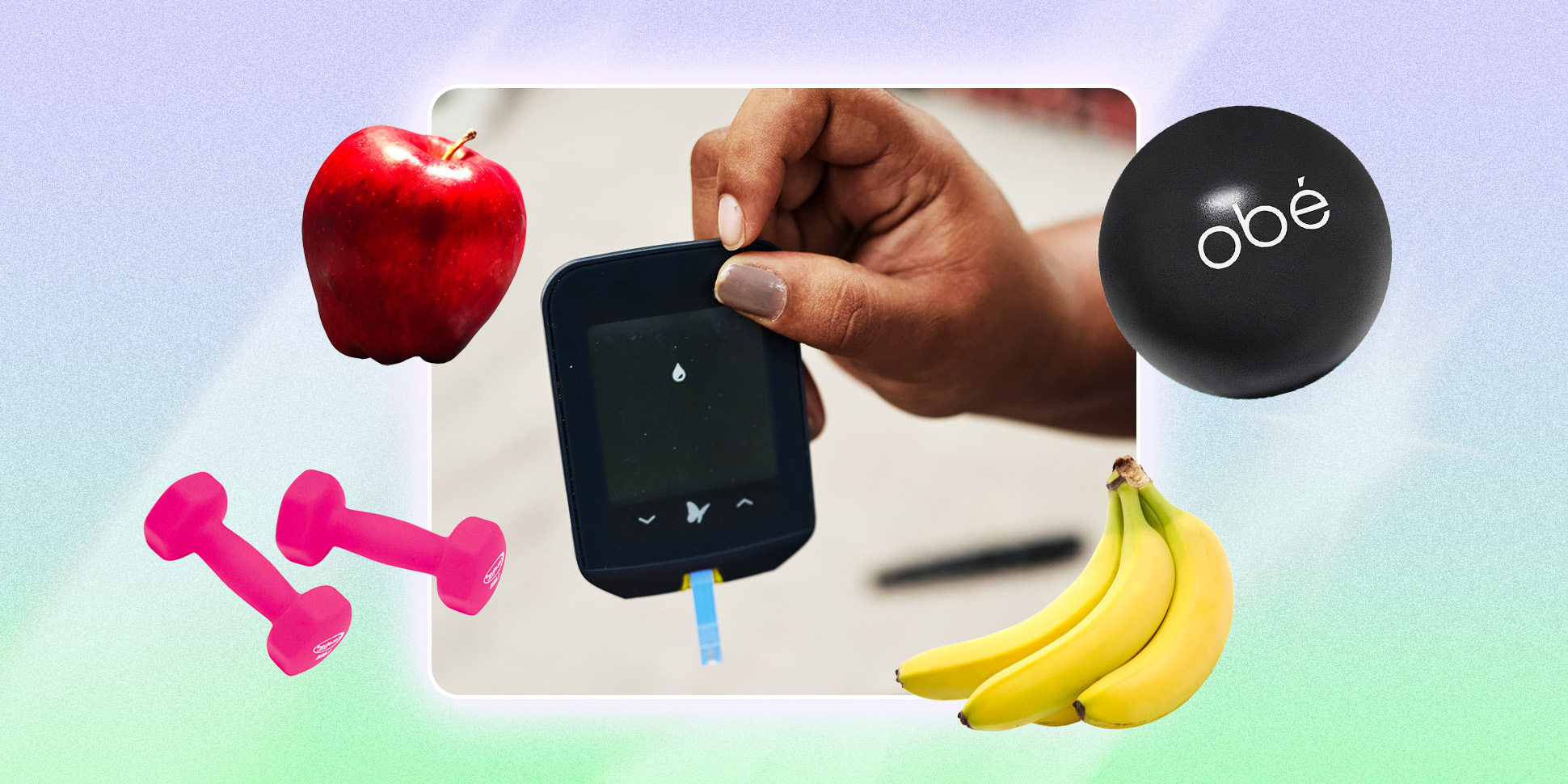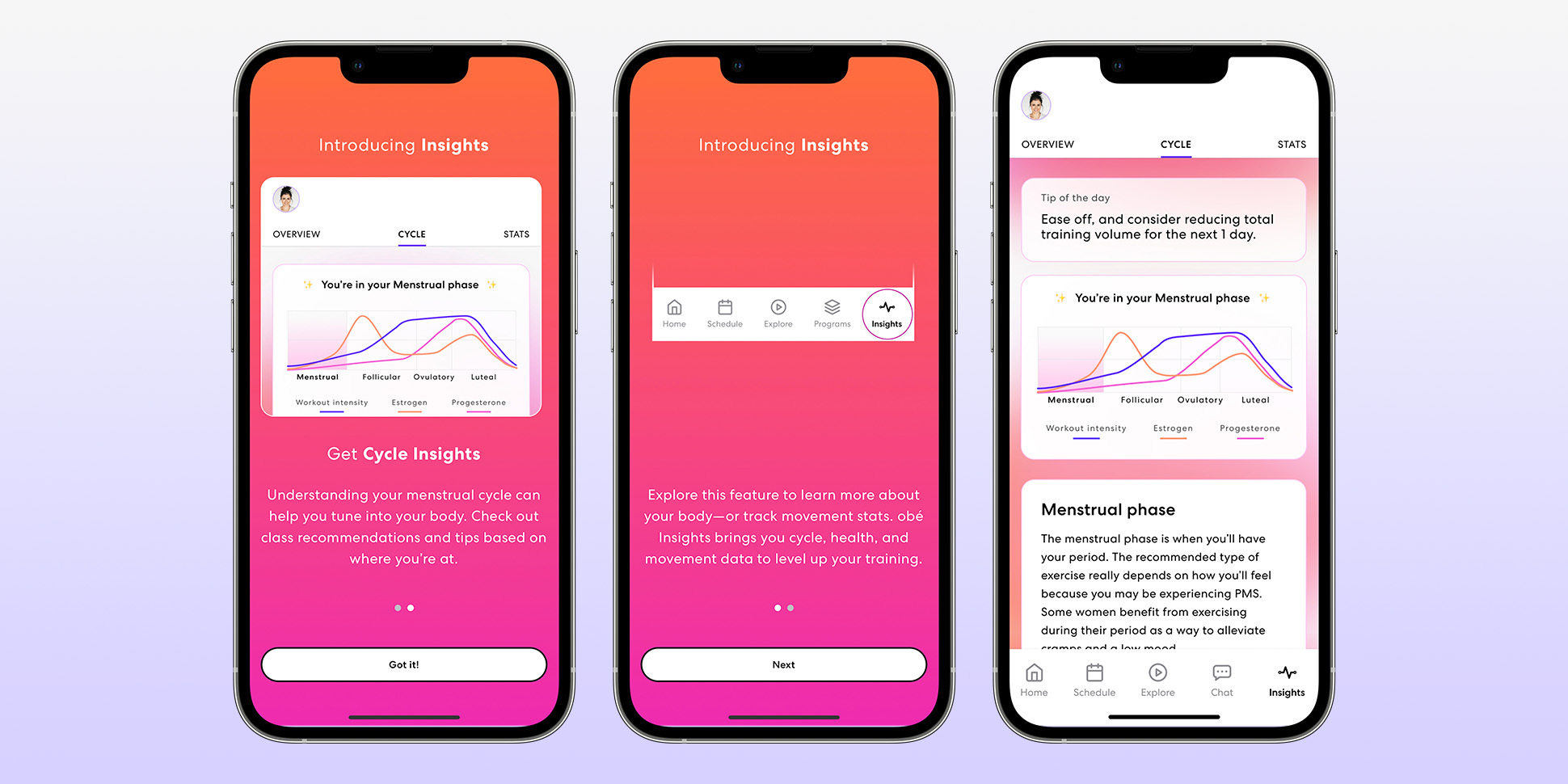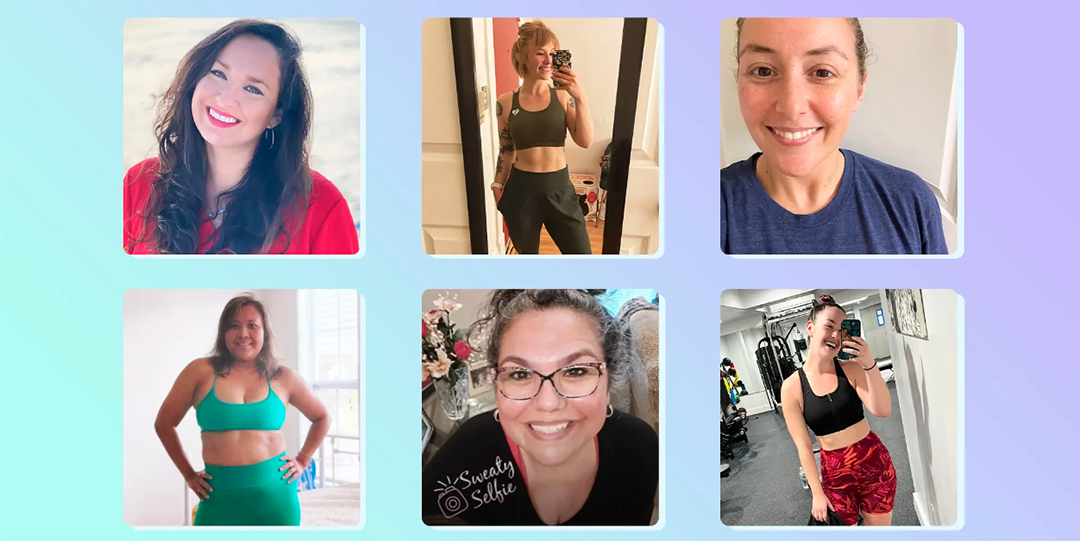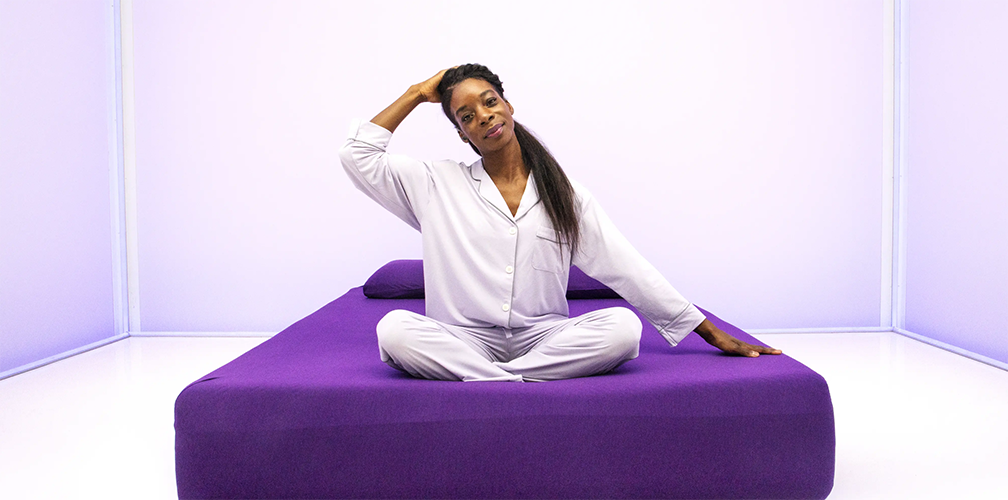We all know that catering to our emotional health is important, but are we actually practicing what we preach? Women face so many stressors in daily life—juggling our careers, families, and caregiving responsibilities—that caring for our mental health often falls to the bottom of our priority list. The consequence? Chronic stress and feelings of inadequacy often cause our emotional health, mental well-being, and self-esteem to take a hit.
According to the World Health Organization (WHO), depression is more common among women than men—a shocking 50% more. Plus, gender norms and societal pressure often prevent women from seeking professional help and discussing their issues openly. After all, women are *supposed* to be more emotionally in tune and capable of expressing their feelings. But how can we possibly make time to get help with everything else on our plates?
From depression and anxiety disorders to eating disorders and more, it’s clear we’re overdue for some effective mental health strategies. Counterintuitively, working out is a super powerful way to improve the state of your mind (read about 5 ways fitness boosts your mental health!). But self-talk and the way you think is also important.
To help you find practical, realistic strategies to support your emotional health, we sat down with Dr. Amy Cirbus, Ph.D, LMHC, LPC of Talkspace to get an expert’s POV. Dr. Cirbus sheds light on the transformative power of self-compassion, self-development, self-doubt, and self-love—offering actionable advice for those looking to take their mental health to the next level (as we all should!).
About the expert: Dr. Amy Cirbus is the Director of Clinical Content at Talkspace, the leading online therapy platform. She is a New York Licensed Mental Health Counselor and a New Jersey Licensed Professional Counselor. Her areas of interest include women’s health and wellness, young adulthood, and relationships.
Practicing Self-Compassion for Emotional Health
Self-compassion—the practice of relating to ourselves kindly and embracing ourselves as we are, flaws and all—is one of my favorite things to talk about. It’s a way of being accountable to ourselves and honoring our one life by being kind and compassionate to our whole human experience.
Relating to ourselves with compassion opens up avenues for ongoing growth, health, healing, loving, and taking care of ourselves. Only then can we take care of others and have compassion for the world around us.
It’s important to learn that self-compassion differs from self-esteem, a value-based system on how we measure up to others and outside social variables. Self-esteem is contingent on so many variables outside of our control; self-compassion is about how we treat ourselves and relate to ourselves. It’s simply a way of relating to yourself through the ups and downs—when you’re struggling and thriving.
Too often we hold on to our inner critic, the opposite of compassion. We don’t want to let that inner critic go, because we believe we need it to motivate ourselves. But the research tells us that criticism of ourselves and others is really demotivating. It doesn’t serve us—we don’t respond well to criticism in a sustained way over time.
We do, however, respond well to compassionate support. Self-compassion increases our motivation, boosts our happiness, plus improves our body image, and self-worth. And it supports resilience.
There are three core components of practicing self-compassion. The first is self-kindness, or how you speak to, treat, and accept yourself. The second piece is our common humanity and plugging into that. And the third piece is mindfulness. Being aware of the emotions you feel, stating them, and experiencing them in a non-judgmental way. That involves training our attention and learning to have a more wise and skillful relationship with our minds.
3 Tips for Nurturing Self-Compassion
- Maintain a gratitude practice. Writing down things you’re grateful for daily can significantly reduce stress and boost happiness. Think about three things to write in the morning, in the middle of the day, or at night. This builds resilience and helps us feel more at peace, more primed to be self-compassionate and kind.
- Learn to forgive yourself. Much easier said than done. Getting in the habit of letting go, or forgiving ourselves, helps us stay in the moment and practice self-compassion.
- Soothe yourself during tough times. Think about the comforting words or actions others have used that helped you feel better and apply them to yourself. Maybe it’s a certain tone or specific language.
Focusing on Self-Development
A core feature of mental and emotional health is personal growth. Nurturing yourself and your personal evolution is a building block for healthy self-concept and emotional satisfaction. Self-development is a journey of improvement—for both our minds and bodies. It’s a means of assessing where we are and where we’d like to be, then implementing new actions and thoughts, and finally taking the time to reflect on what we’ve implemented.
This gives us a process through which to pause and take stock of our lives. Perhaps there are areas you feel emotionally stuck in, and you want to go through them. Perhaps there’s something you want to learn. Or maybe it’s something you want to do. Self-development connects us to our purpose. And it’s also important to surround yourself with people who support your development.
A key aspect of embracing self-development more deeply is to position yourself in the best possible place from which to grow. And that comes from within. If you want to create improvement, take the time to ask yourself why? To set yourself up for success, the answer has to come from within rather than without. We want it to come from a place of real desire for ourselves, not a comparison to somebody else, or a reaction to something.
That requires a ‘both and’ approach. There needs to be a concrete recognition of who you are, and where you are in your life—a celebration of that with fulfillment and satisfaction. All while also recognizing that other things inspire and drive you. You want to be an acceptance of both. Adopting a growth mindset over a fixed mindset will help you build that framework. The truth is that our neural pathways are made for change!
3 Tips for Improving Self-Development
- Do one thing a day from a roadmap you created. Once you know where you want to go—and why—break it down into small, achievable steps. Read something, make a phone call, or do research. But use that roadmap. Make it visible, clear, and accessible daily.
- Bet honest and flexible with yourself. Keep it exploratory. If you’re not sticking to that one thing or moving through that roadmap, maybe what you thought you wanted to do doesn’t motivate you anymore. That’s okay. But be curious. Keep yourself invested in the whole process to support your emotional health.
- Regularly connect to someone you’re inspired by. It can be a friend, colleague, or someone you’re influenced by. I often listen to speeches, interviews, or podcasts from figures who inspire me. Something that lights me up inside and reminds me of what I feel passionate about.
Navigating Self-Doubt
Self-doubt is a lack of belief in ourselves and our own abilities, something many of us struggle with. Sometimes it’s that little nagging inner critic holding us back. Other times, it’s a heavy weight that can feel like it’s paralyzing or limiting us. It’s important to know this is a natural human occurrence.
Some self-doubt is healthy, it allows us to stop and reflect. It provides humility, and that lends itself to personal insight and growth. And so we don’t want to get rid of it altogether. Because self-doubt means we’re capable of being thoughtful and reflective. It becomes unhealthy when it feels uncomfortable—when we can’t trust our own abilities or intuitions, becoming paralyzed and awash in fear. That can feel frustrating and limiting.
It’s important to note that most of us aren’t all or nothing. We may be confident in our work, but not in our relationships, or vice versa. Just because we’re confident in one area doesn’t mean we should be confident in all areas. Vacillation is normal.
The work is about trying to avoid getting stuck in that feeling of self-doubt. It happens in so much of our lives, maybe it feels like a cycle we can’t get out of. Know that it’s okay. Doubt is what I want you to pay attention to. Acknowledge you’re having the experience, and notice it without judging it. That opens up a path forward to challenge the doubt. Use realistic rationale. Teach your brain to say yes—we don’t want that self-doubt to go unchallenged. Because if it’s overwhelming, pervasive, and unmanageable, it can lead to challenges with self-esteem and possibly depression.
In going through that process, you’ll be able to acknowledge that our thoughts are not facts. We can’t always believe what we think. We often confuse a thought for a fact when it isn’t. Remember: our thoughts are influenced by our feelings, the circumstances we’re in, and the situation.
3 Tips for Tackling Self-Doubt
- Adjust your expectations. Recognize that some self-doubt is normal and focus on how to live with it rather than eliminate it. The goal isn’t to dissolve it altogether, it’s to develop that muscle of sitting through the discomfort as part of evolving your emotional health.
- Gather evidence. Curate a list of times when things went well. These are going to serve as your facts. They’re little life rafts to get you through the feelings, so you can acknowledge you’ve had wins before.
- Practice self-compassion. Reframe negative thoughts about your abilities. Instead of harsh self-criticism (“Why is everyone good at this but me?”), use encouraging and supportive language towards yourself (“I can do this!”). You don’t know anyone else’s story. Focus on yours!
Leaning into Self-Love for Emotional Health
Self-love means you value yourself, make yourself a priority, treat yourself with kindness, and show yourself love ahead of anyone else. This goes beyond what you might traditionally think of as forms of self-care. It goes deeper than the bubble bath or taking time for yourself—though those things are important!
Practicing self-love starts with our thoughts. Pay attention to what you tell yourself, and what you think about yourself. Much like our behaviors, our thoughts get into habits. These habits aren’t always intentional—they’re automatic and they can occur unconsciously. They can originate from childhood and go through early adulthood.
As we evolve and grow, our thoughts don’t always keep pace with how we’ve changed. Often, they’re critical, judgmental, and negative. We often compare ourselves to others and get stuck on the ways we may not measure up. Over time, these automatic habits inform what we believe about ourselves. If we aren’t talking to ourselves with kindness, respect, and love, we’re putting ourselves at risk for all sorts of emotional health challenges, not the least just being unhappy.
Stop and notice how you feel in everyday actions throughout your day. Checking in internally is an act of self-love. Take a moment to notice the interactions you have with people. Notice what leaves you feeling depleted. Part of practicing self-love is knowing what brings you joy and making an intentional effort to integrate it into your life.
It’s also essential to celebrate what you are good at, what you’re proud of. Acknowledging that truly means seeing our full selves. That builds an authentic connection within yourself. It’s the starting point to building a foundation of stability, happiness, and well-being. When you give yourself love and connect internally in a positive way, you set yourself up to connect positively with other people.
3 Tips for Magnifying Self-Love
- Schedule one thing per day that truly brings you joy. It can be small, but take the time to engage in just one thing. Read something, have a special cup of tea in the morning, or anything that makes you smile.
- Reduce the toxicity going in. Avoid consuming rhetoric from toxic people, social comparisons, gossip, or food that doesn’t nourish you—anything that doesn’t come in and serve you. Protect your emotional health! You want the positive going in to outweigh the negative.
- Give yourself permission to take breaks and breathe. So often, we go about our day on autopilot, with a million different decisions and reactions. Allow yourself to stop, take a breath, and notice yourself before interacting externally.




